The PacMAN scientific course was a hybrid course with an initial introduction to the course topics held online on the OTGA platform. The on-site phase of the course lasted one week at the USP IAS campus in Suva Fiji. In total there were 21 course participants from 7 different stakeholder institutions in Fiji. The course covered topics ranging from sampling, DNA extraction, settlement plate sorting, PCR, qPCR and bioinformatics as well as data analysis.
Training on metabarcoding and qPCR was possible because of the involvement of Professor Craig Sherman and his postdoctoral student Morgan Ellis. They provided the primers required for performing the PCR work. The PCR protocols for metabarcoding were tested during the days prior to the course.
In addition, the bioinformatics pipeline and example data analyses were handled on the last day of the scientific course on the 18th of November. The material, workflow, and the example data were prepared by Pieter Provoost. The installation of the bioinformatic pipeline of the local computers was added in the protocol, so that the participants could also work on this independently later if required. The data analysis training consisted of a primer for the use of R, and subsequently running data analysis on typical files resulting from the pipeline with R. Most students were able to run this part without issue. One day for the data management training was clearly not enough, but it was important to give an idea of the work that is required for reaching the final data products and gave the participants materials to work on in case they are interested in further developing their data management skills.

This was the first ever practical course on environmental DNA held in Fiji. As such, it provided critical capacity development in the field of molecular biology in a very concise manner. The participants received an overview of the full PacMAN process, thereby giving them a good idea on what PacMAN work is in practice. The objective was to build capacity, and understanding on what environmental DNA is, as well as trust on the methods, and results that the PacMAN project is producing. The training received good feedback from the participants, with more time wanted for bioinformatics and data analysis.
The PacMAN training was also featured on UNESCO news, IOC news and USP news.


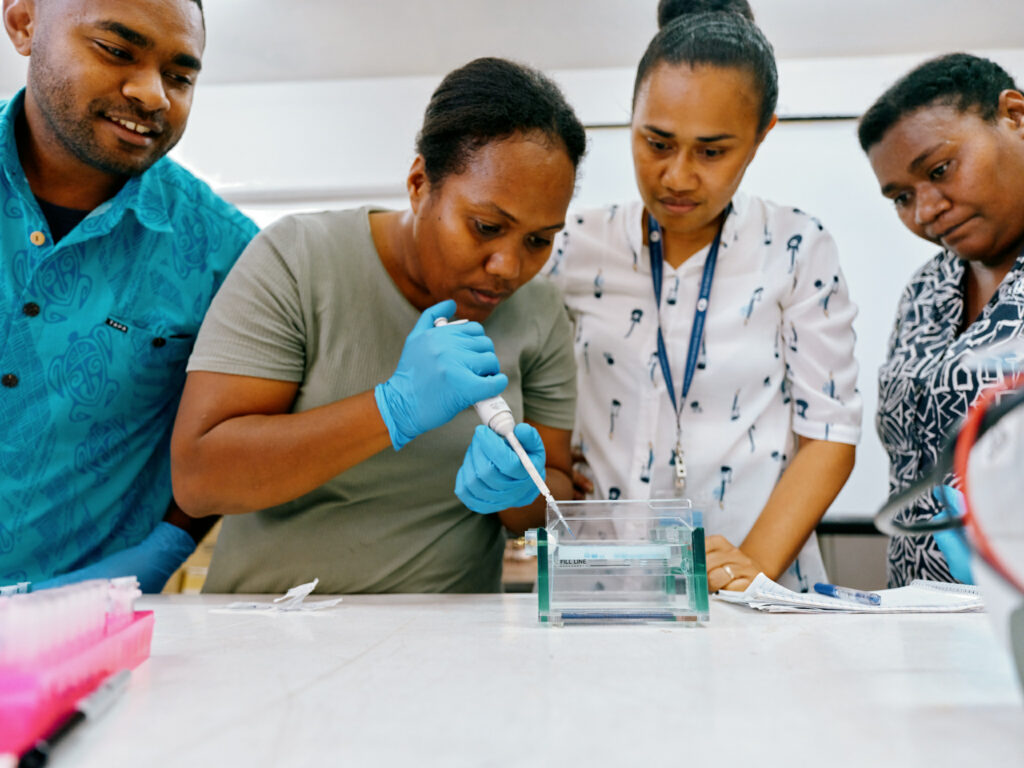
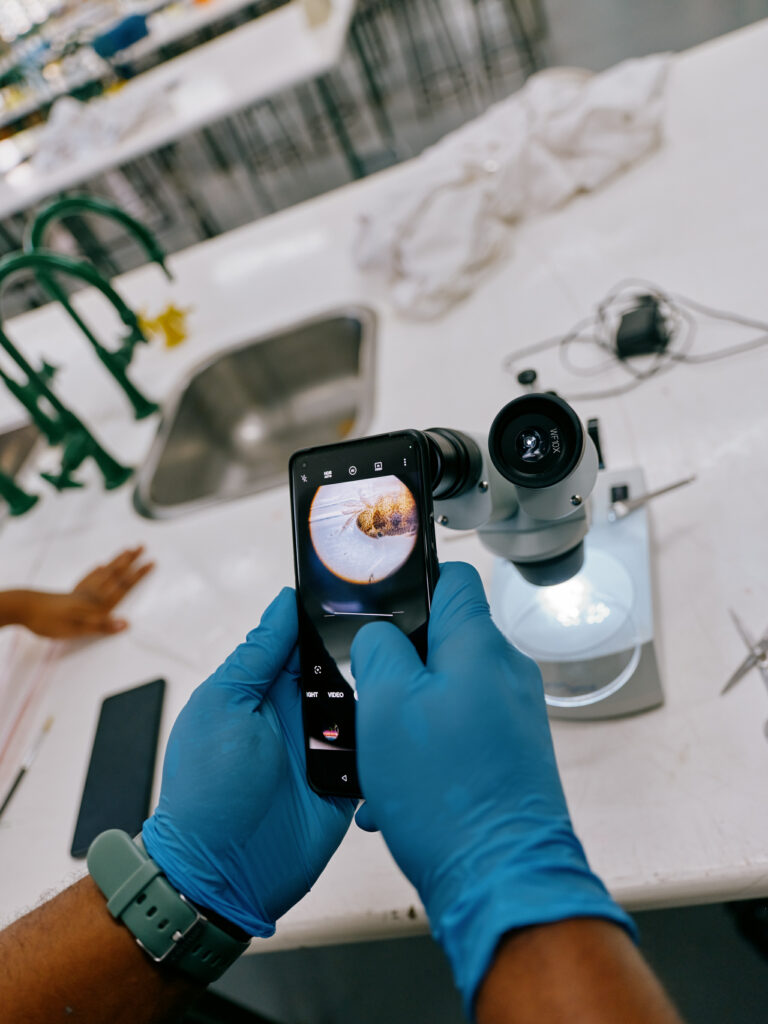
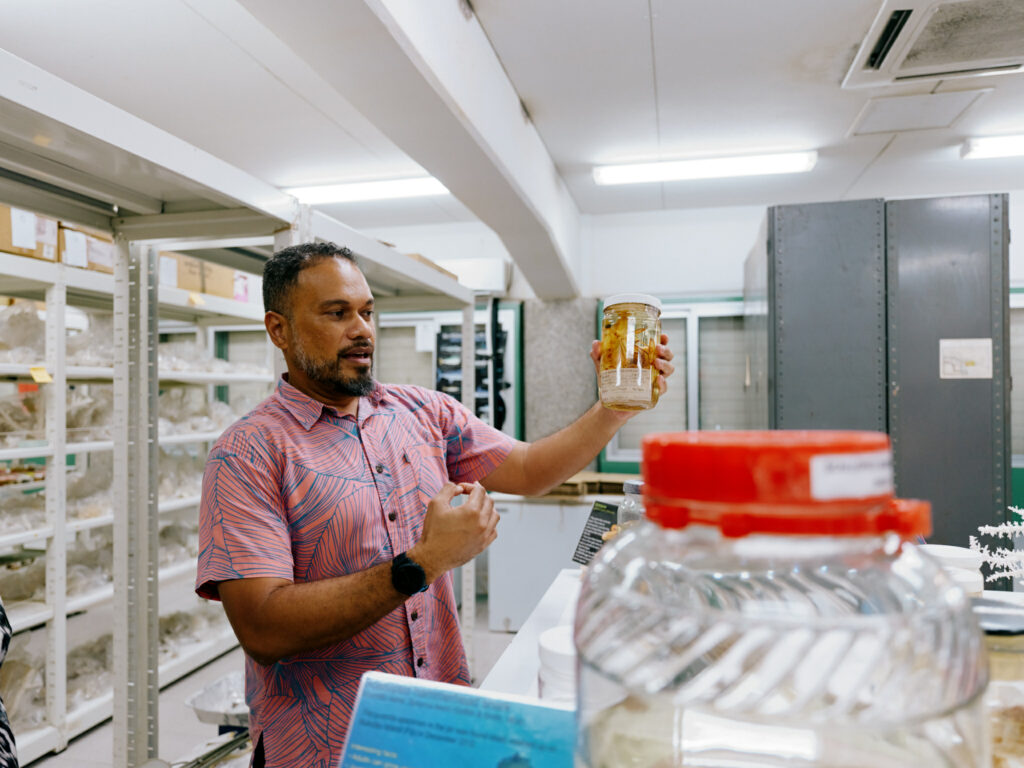

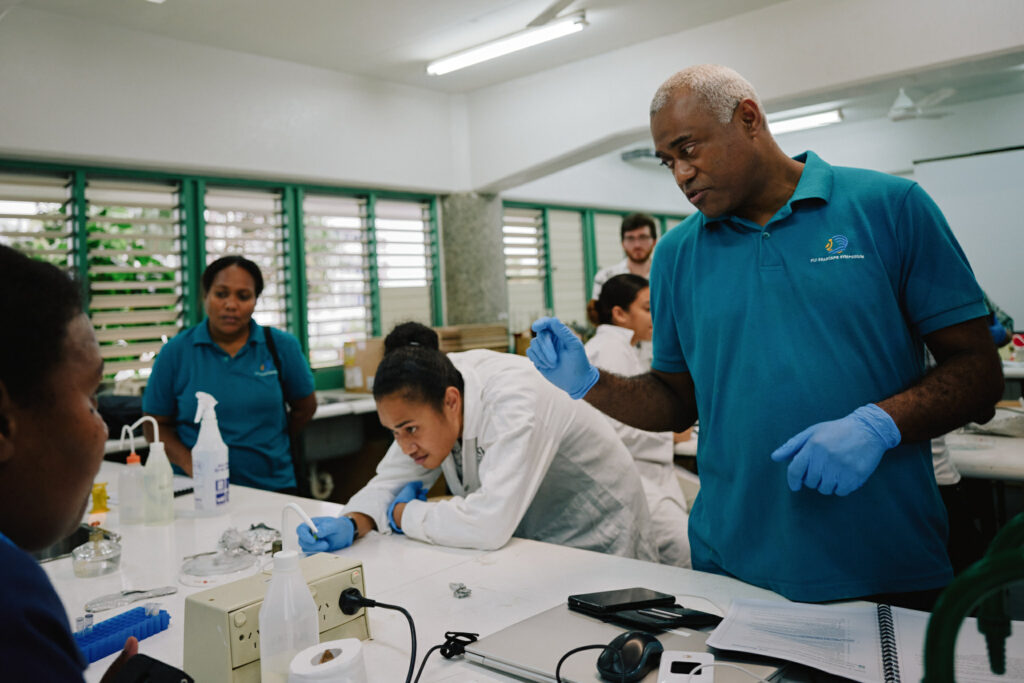
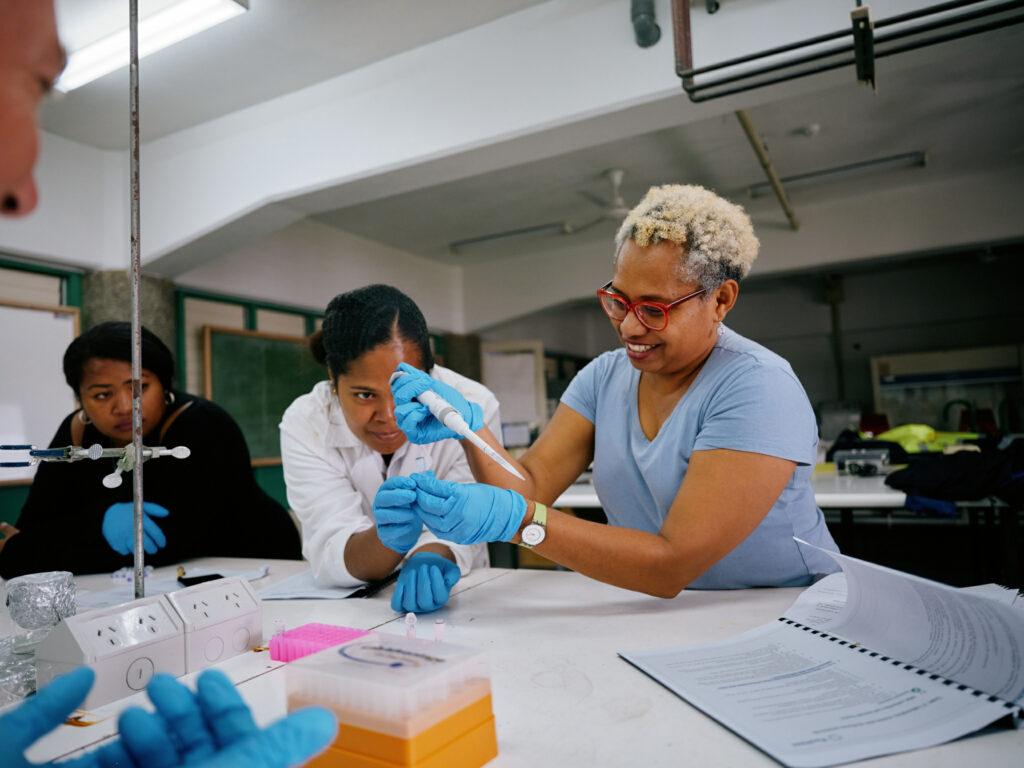
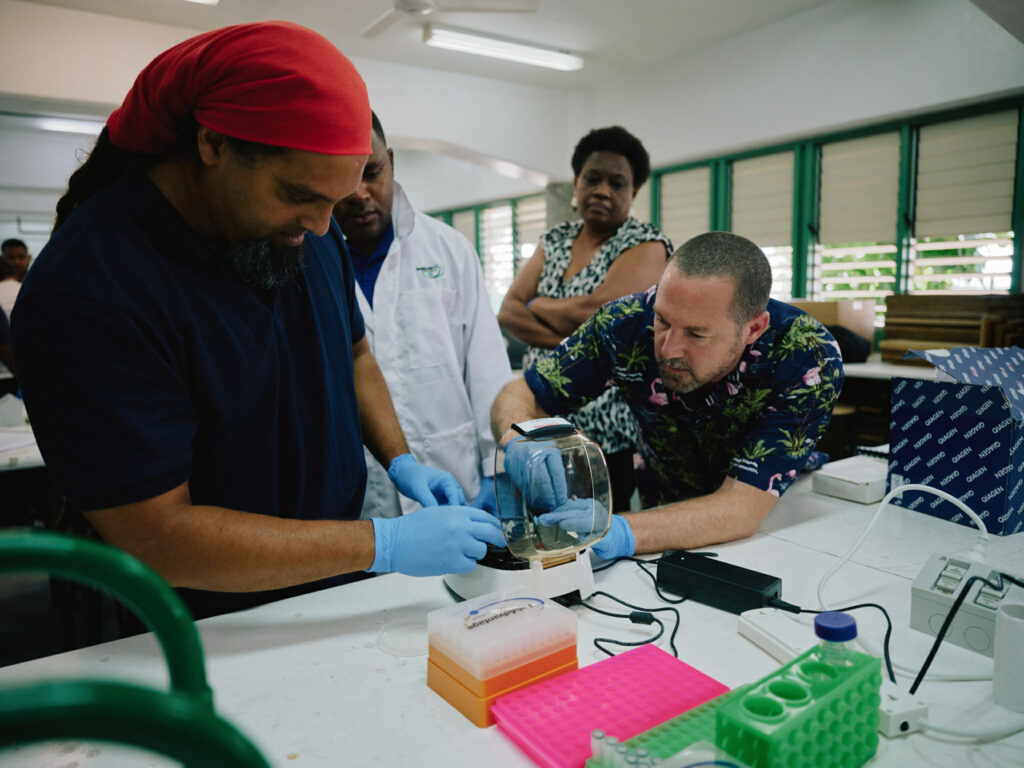
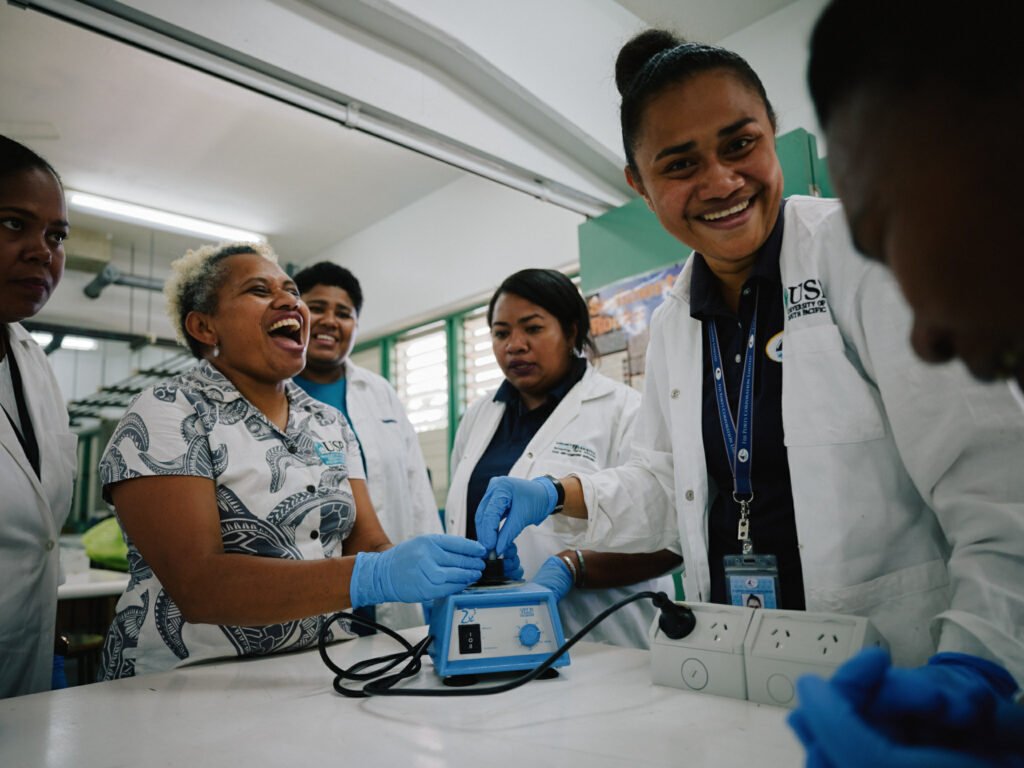
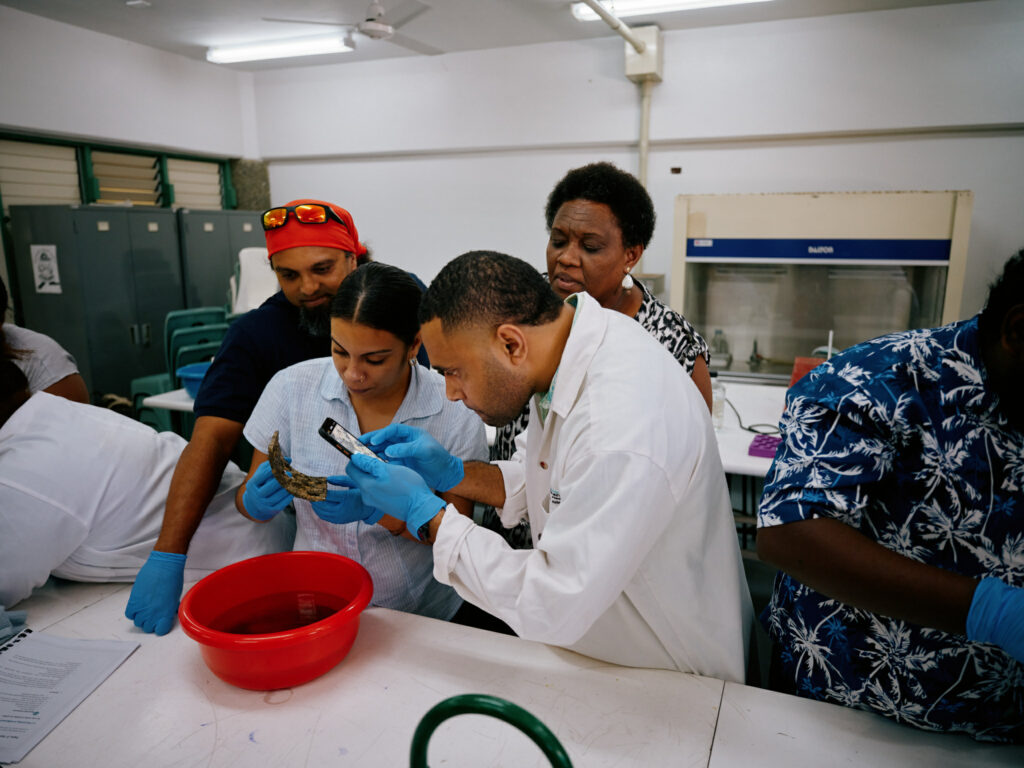
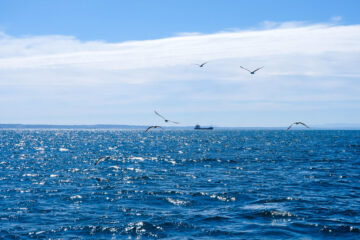
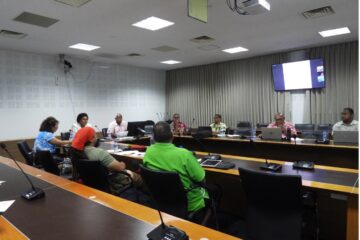
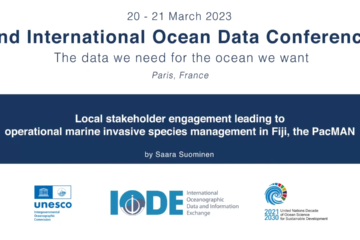
0 Comments